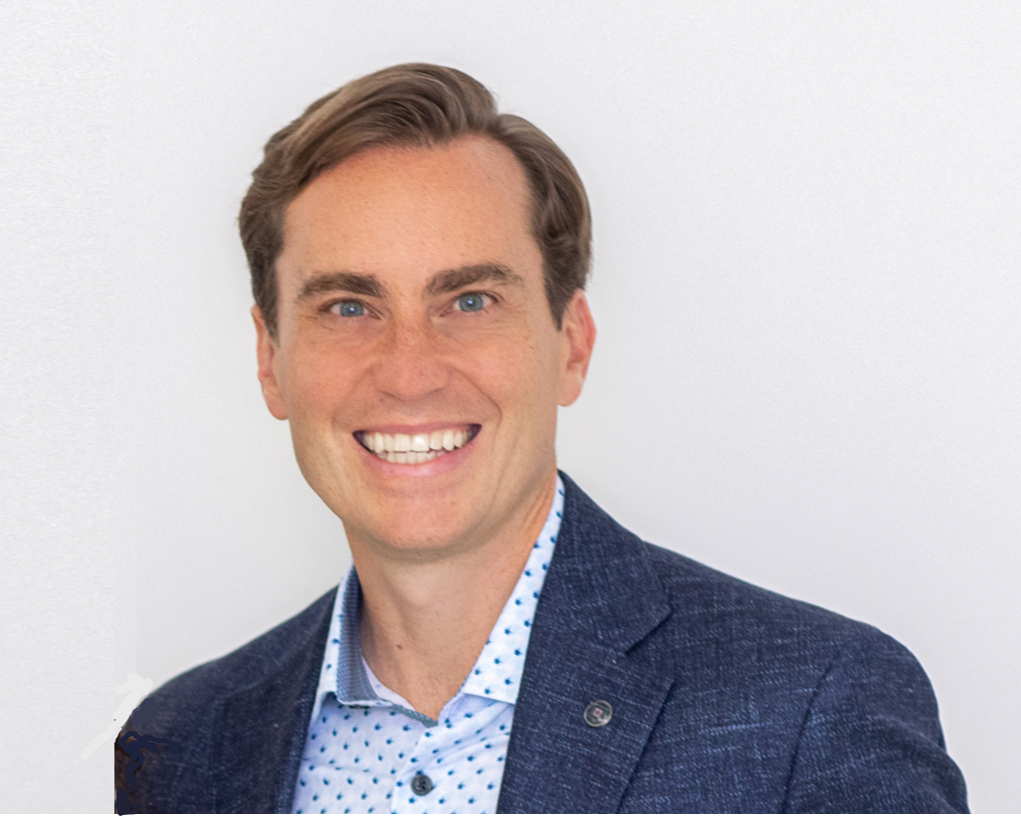PhD Program 40th Anniversary Alumni Profile: Meet Tyler Wry, ‘12
As the Alberta School of Business celebrates 40 years of its prestigious PhD program, we catch up with Tyler Wry, associate professor of Entrepreneurship at the University of Pennsylvania’s Wharton School; co-director of the Wharton Impact Investing Research Lab; faculty advisor for Social Entrepreneurship at UPenn Venture Lab (an on campus incubator); and a PhD graduate from the Department of Strategy, Entrepreneurship and Management at the Alberta School of Business in 2012.
From the Baltic nations to refugee camps in East Africa, today Wry’s work explores the intricate interplay between business and social impact. His research delves into how entrepreneurs and investors balance financial performance with meaningful societal contributions — insights that have not only fueled his academic career but also shaped his role as a venture capitalist. Dive into his Q&A below to discover how his PhD experience at ASB contributed along the way and continues to influence his important work.
 Tell us about your research.
Tell us about your research.
Most of my current research revolves around topics that relate to social entrepreneurship and impact investing. I'm really interested in the different models that founders and funders use to pursue strong financial returns alongside meaningful social and/or environmental impact. I'm also fascinated by what an impact focus signals to external audiences, and how founders can strategically manipulate this to their advantage.
How has the Alberta School of Business PhD program influenced your approach to organizational analysis and management research?
The training I received at the Alberta School of Business was foundational to my scholarly career. The school had (and still has!) an absolutely world class collection of organization theorists.
I felt, even very early in my program, that I was trained as well theoretically as anyone in any business school. The seminars I took sensitized me to how different goals and meaning systems coexist within organizations, and how this can spur innovation as well as cause tensions.
My training also encouraged me to think in bold and synthetic ways, which informs my overall research approach of theorizing across disciplinary boundaries to unlock new insights and see old problems in new ways.
Can you describe a moment or project during your PhD that had a lasting impact on you?
Royston Greenwood's organization theory seminar. He set a very high bar. I was constantly terrified. I absolutely worked my butt off to make sure he didn't think I was a bozo. After the seminar, Royston turned into an amazing support for me and played a big part in my dissertation research.
What’s the most unusual or surprising place your research has taken you?
I guess it depends on whether we're talking about a physical place, a unique situation, or an intellectual journey. Geographically, the most unusual place (in a very good way) is probably the Baltic nations, where I've gone for a number of years to explore their startup ecosystems. I'm also heading to Kenya and Rwanda later this year to collaborate with an organization to study entrepreneurship in refugee camps. In terms of situations, my research directly informs the investment thesis of a VC fund I was a part of launching last year. Being a venture capitalist as well as a professor is certainly unusual, and a surprising place for me to end up! That said, it's super fun and rewarding to write meaningful checks to young founders who are developing scalable solutions to society's biggest problems.
What advice would you give to current or prospective PhD students?
Listen to your advisor! Seriously, it's the smartest thing you can do. They have your best interests at heart, even if it feels like they're masochists sometimes (and, hey, two things can be true at the same time!). Beyond that, I'd say be curious and lean into research that aligns with your passions. Academics is mostly about rejection, so it's important to find intrinsic joy and value in your work.
Subscribe to UAlberta Business
Become part of our community. Get the latest news and event information from the Alberta School of Business in your inbox every month.